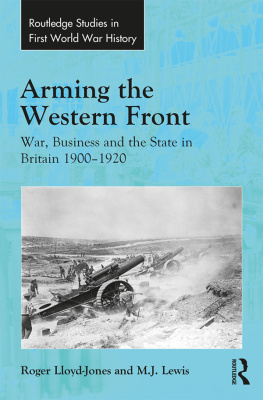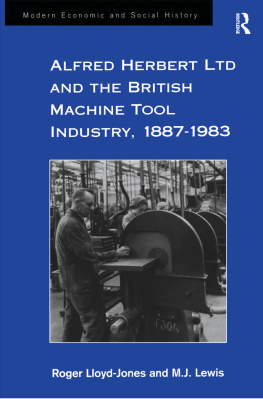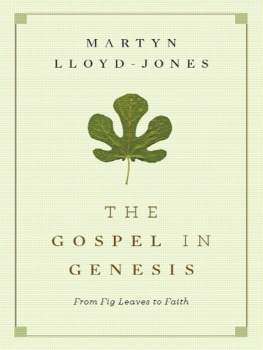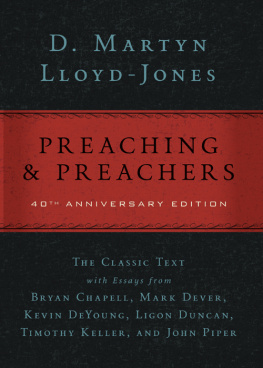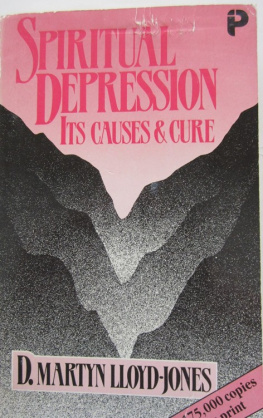Arming the Western Front
The First World War was above all a war of logistics. Whilst the conflict will forever be remembered for the mud and slaughter of the Western Front, it was a war won on the factory floor as much as the battlefield. Examining the war from an industrial perspective, Arming the Western Front examines how the British between 1900 and 1920 set about mobilising economic and human resources to meet the challenge of industrial war.
Beginning with an assessment of the run up to war, the book examines Edwardian business-state relations in terms of armament supply. It then outlines events during the first year of the war, taking a critical view of competing constructs of the war and considering how these influenced decision makers in both the private and public domains. This sets the framework for an examination of the response of business firms to the demand for shells more shells, and their varying ability to innovate and manage changing methods of production and organisation.
The outcome, a central theme of the book, was a complex and evolving trade-off between the quantity and quality of munitions supply, an issue that became particularly acute during the Battle of the Somme in 1916. This deepened the economic and political tensions between the military, the Ministry of Munitions, and private engineering contractors as the pressure to increase output accelerated markedly in the search for victory on the western front. The Great War created a dual army, one in the field, the other at home producing munitions, and the final section of the book examines the tensions between the two as the country strove for final victory and faced the challenges of the transition to the peace time economy.
Dr Myrddin John Lewis and Professor Roger Lloyd-Jones teach at Sheffield Hallam University, UK.
Routledge Studies in First World War History
Series Editor: John Bourne
The University of Birmingham, UK
The First World War is a subject of perennial interest to historians and is often regarded as a watershed event, marking the end of the nineteenth century and the beginning of the modern industrial world. The sheer scale of the conflict and massive loss of life means that it is constantly being assessed and reassessed to examine its lasting military, political, sociological, industrial, cultural and economic impact. Reflecting the latest international scholarly research, the Routledge Studies in First World War History series provides a unique platform for the publication of monographs on all aspects of the Great War. Whilst the main thrust of the series is on the military aspects of the conflict, other related areas (including cultural, political and social) are also addressed. Books published are aimed primarily at a post-graduate academic audience, furthering exciting recent interpretations of the war, whilst still being accessible enough to appeal to a wider audience of educated lay readers.
Also in this series
The Men Who Planned the War
A Study of the Staff of the British Army on the Western Front, 19141918
Paul Harris
German Literature and the First World War: The Anti-War Tradition
Collected Essays by Brian Murdoch
Brian Murdoch
British Battle Planning in 1916 and the Battle of Fromelles
A Case Study of an Evolving Skill
Roger Lee
British Infantry Battalion Commanders in the First World War
Peter E. Hodgkinson
New York and the First World War
Shaping an American City
Ross J. Wilson
Arming the Western Front
War, business and the state in Britain 19001920
M. J. Lewis and Roger Lloyd-Jones
First published 2016
by Routledge
2 Park Square, Milton Park, Abingdon, Oxon OX14 4RN
and by Routledge
711 Third Avenue, New York, NY 10017
Routedge is an imprint of the Taylor & Francis Group, an informa business
2016 M.J. Lewis and Roger Lloyd-Jones
The right of M.J. Lewis and Roger Lloyd-Jones to be identified as authors of this work has been asserted by them in accordance with sections 77 and 78 of the Copyright, Designs and Patents Act 1988.
All rights reserved. No part of this book may be reprinted or reproduced or utilised in any form or by any electronic, mechanical, or other means, now known or hereafter invented, including photocopying and recording, or in any information storage or retrieval system, without permission in writing from the publishers.
Trademark notice: Product or corporate names may be trademarks or registered trademarks, and are used only for identification and explanation without intent to infringe.
British Library Cataloguing in Publication Data
A catalogue record for this book is available from the British Library
Library of Congress Cataloging-in-Publication Data
Names: Lloyd-Jones, Roger, 1944 author. | Lewis, M. J. (Myrddin John), 1957 author.
Title: Arming the Western Front: war, business and the state in Britain 19001920 / by Roger Lloyd-Jones and M.J. Lewis.
Description: Burlington, VT: Ashgate Publishing Company, 2016. | Series: Ashgate studies in First World War history | Includes bibliographical references and index.
Identifiers: LCCN 2015038142 | ISBN 9780754666134 (hardcover: alk. paper)
Subjects: LCSH: Military industrial complexGreat BritainHistory20th century. | World War, 19141918Economic aspectsGreat Britain. | World War, 19141918LogisticsGreat Britain. | Civil-military relationsGreat BritainHistory20th century.
Classification: LCC HC260.D4 L55 2016 | DDC 940.3/1dc23
LC record available at http://lccn.loc.gov/2015038142
ISBN: 9780754666134 (hbk)
ISBN: 9781315567938 (ebk)
Typeset in Times New Roman
by Apex CoVantage, LLC
Contents
We would like to thank the staff of the various archives that we visited to compile the empirical work for this book, notably at the National Archive at Kew, the Bodleian Library, University of Oxford, the Modern Record Centre, University of Warwick, the Tyne and Weir Archives Service, Newcastle, the Wirral Archive Service, Birkenhead, and the Special Collections at the University of Sheffield. In particular, we would like to thank the staff at the Sheffield City Archives, who allowed us access to the extensive, but uncatalogued records of Hadfield Ltd, which provided valuable material for past, present and future research. The archival research for this book was undertaken during two periods of study leave, and we thank the Humanities Research Centre at Sheffield Hallam University. Thanks also to Professor Peter Cain, whose knowledge on Britain as an imperial power, and the ideas of constructive imperialism, informed our understanding of political economy in the Edwardian period, and to Professor John Singleton for his contribution to our knowledge of the pre-war naval arms industry, and the tank producers. On papers presented at the American Economic and Business History Conferences at Providence, Grand Rapids, Braga, and Las Vegas, and at the European Business History Conference in Paris we received valuable feedback from colleagues, which helped in reformulating our ideas and arguments. We would also like to extend our gratitude to the reviewers of an earlier draft of the manuscript.
Finally, and most importantly, we acknowledge the debt we all owe to Britains dual armies of the Great War the soldiers in the field and the men and women back at home in the workshops of the first industrial nation never will they be forgotten.


